On 23 January 2024, the implementing decree containing the incentive modalities for shared energy communities and collective self-consumption configurations was approved. On 23 January 2024, the implementing decree containing the incentive modalities for shared energy communities and collective self-consumption configurations was approved. Despite the delays in completing the regulatory framework, renewable energy communities can play an important role in reducing energy costs and, especially, in the enhancement of neighbourhoods and small municipalities. To date, according to GSE data, 154 forms of shared energy have been implemented in our country.
Energy communities are an important building block towards the construction of increasingly efficient and autonomous neighbourhoods. With the Horizon Europe 2021-2027 research and innovation plan, Europe aims to tackle a number of global challenges affecting cities including health and safety, digitisation, energy and climate change.
Positive Energy Districts (PEDs) are a response to these challenges: energy districts and positive energy neighbourhoods are an integral part of a comprehensive approach towards sustainable urbanisation and energy transition. The realisation of a PED can also involve the regeneration of an existing neighbourhood. A great deal of research and experimentation is being carried out on DPE throughout Europe.
The current challenge is well represented by the words recently spoken by Pope Francis (Audience of 31/8/2024): ‘Energy inclusion, energy democracy, is today a multi-dimensional challenge. One cannot be a sovereign citizen if one remains an energy subject. This is why the spread of energy communities, those new expressions of integral citizenship and democracy, which, with difficulty, are also developing in Italy, deserves to be supported and encouraged’.
PROGRAM
Introduces and coordinates
Gianni Biagi, URBIT President
“Renewable Energy Communities expressions of sociality and integral citizenship”.
Don Giovanni Momigli, Director of the Office for Social Problems and Labour, Archdiocese of Florence
“The GReen Energy Transition Actions Project”.
Danila Longo, University of Bologna
“The Regulation for Solar Areas and Installations of the Municipality of Rome”.
Edoardo Zanchini, Director Climate Office, Roma Capitale
“Projects for the dissemination of energy communities in the Municipality of Florence”.
Raffaele Gualdani, Municipality of Florence
“Energy cooperative enterprises and their member communities: field experience and the role of the Diocese of Faenza”.
Antonio Amato, Director Confcooperative Consumo e Utenza
Don Luca Ghirotti, Energy Community Member
“Supporting Energy Communities: Projects and Initiatives of the Compagnia di San Paolo Foundation”.
Oriana Corino, Real Estate Operations and Social Housing Area – PR.I.S.MA Scrl
Claudia Traina, Mission Protect the Environment – Fondazione Compagnia di San Paolo
“The Fondazione CRC project for assistance and accompaniment in setting up CERs”.
Andrea Alfieri, CR Cuneo Foundation
“Fondazione Cariplo’s support for Renewable and Solidarity Energy Communities (CERS)”.
Federico Beffa, Fondazione Cariplo
“Innovative financing tools for energy communities and urban regeneration”.
Francesca Passeri, ARTER
Conclusion
Ennio Nonni, URBIT
Giovanni Fini, URBIT
Italiano
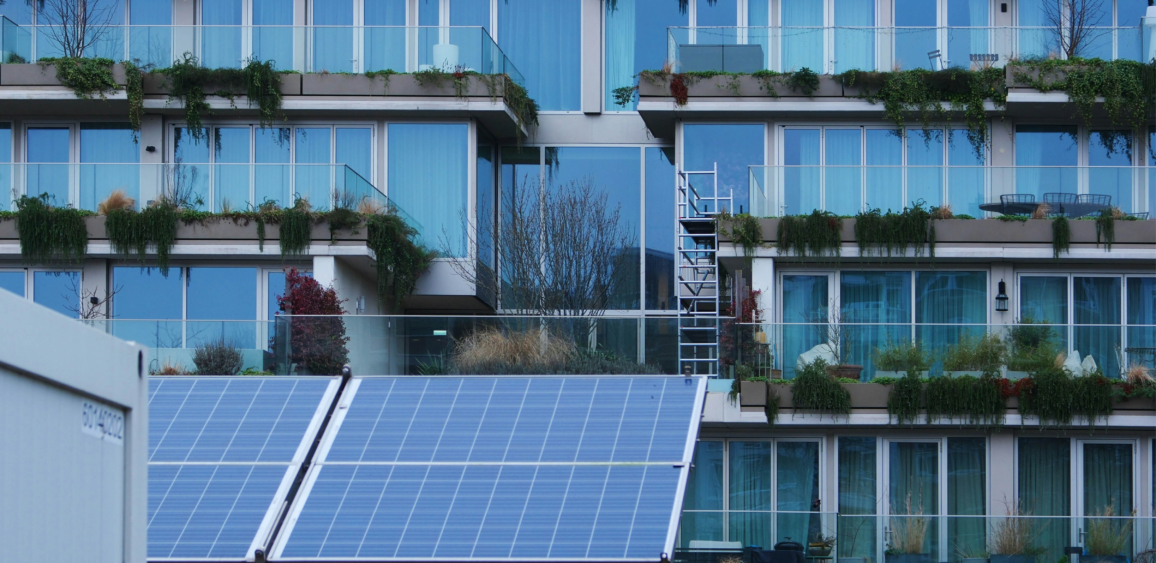


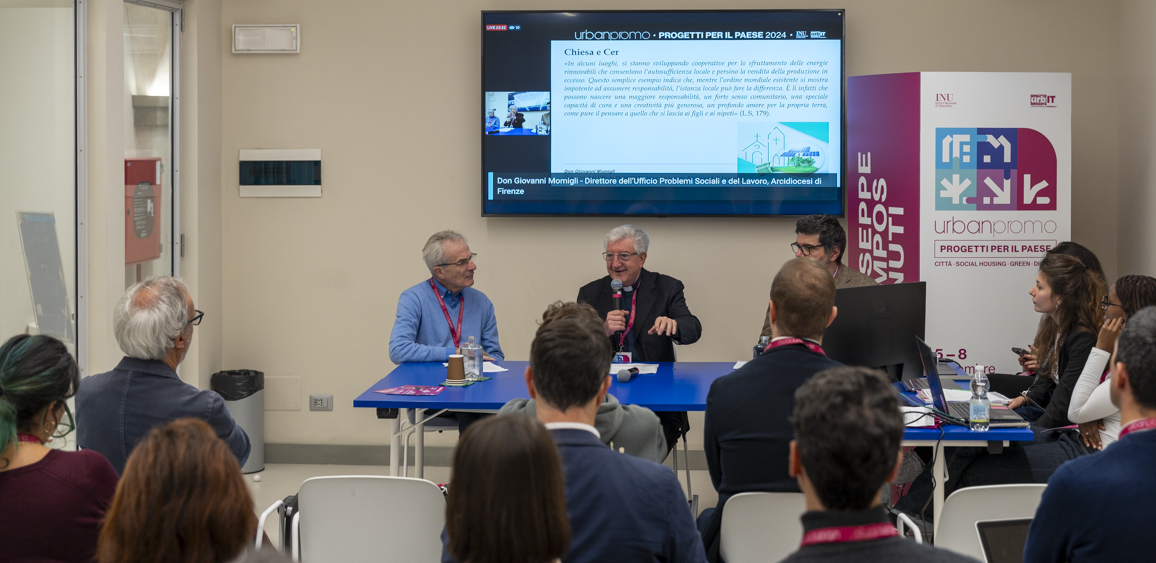
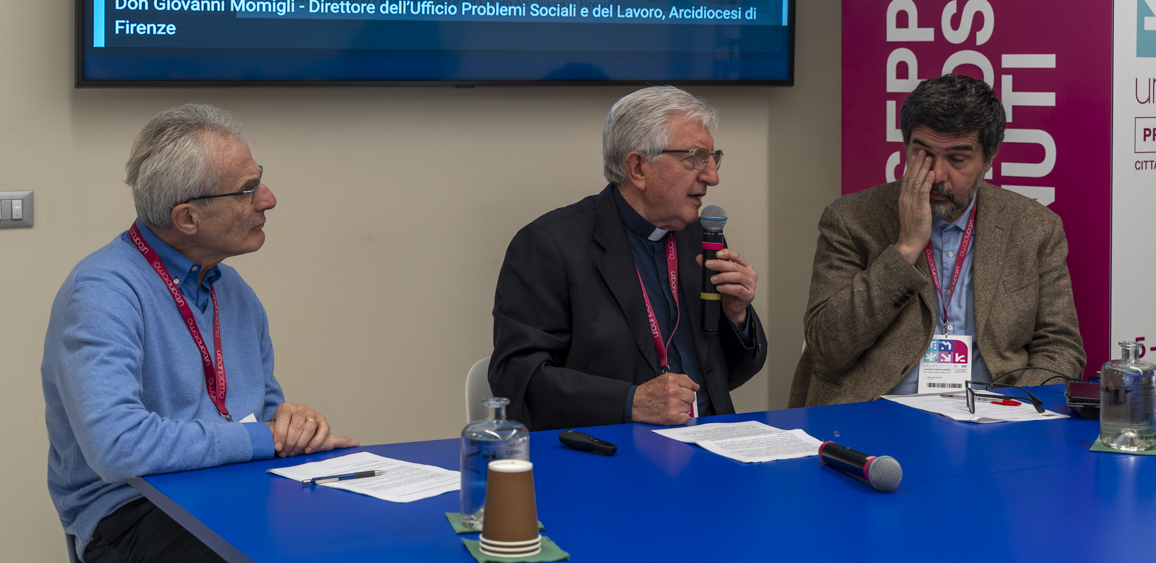
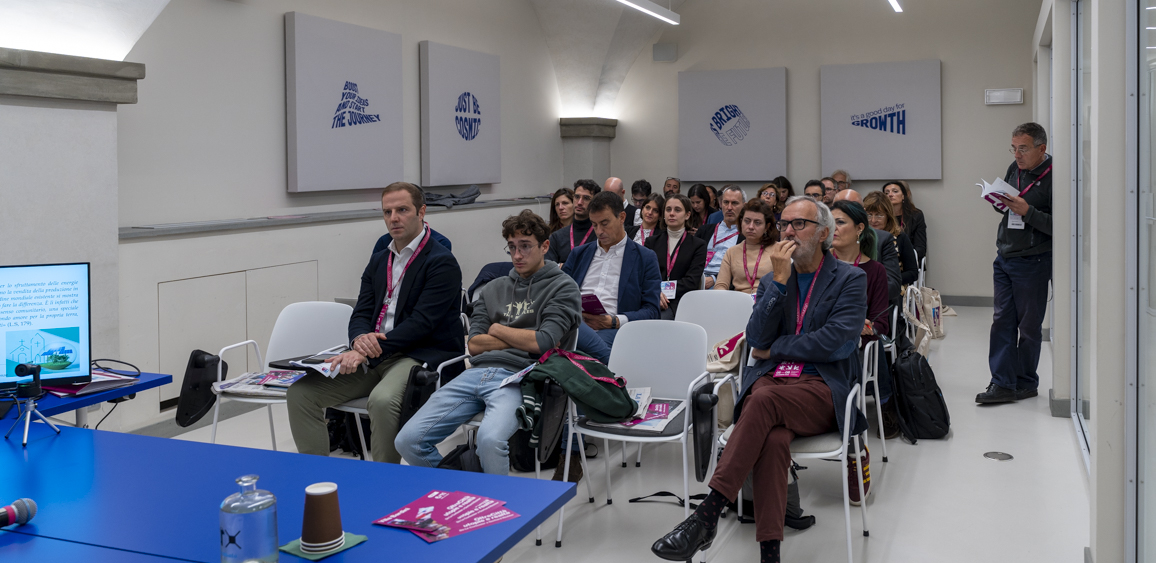
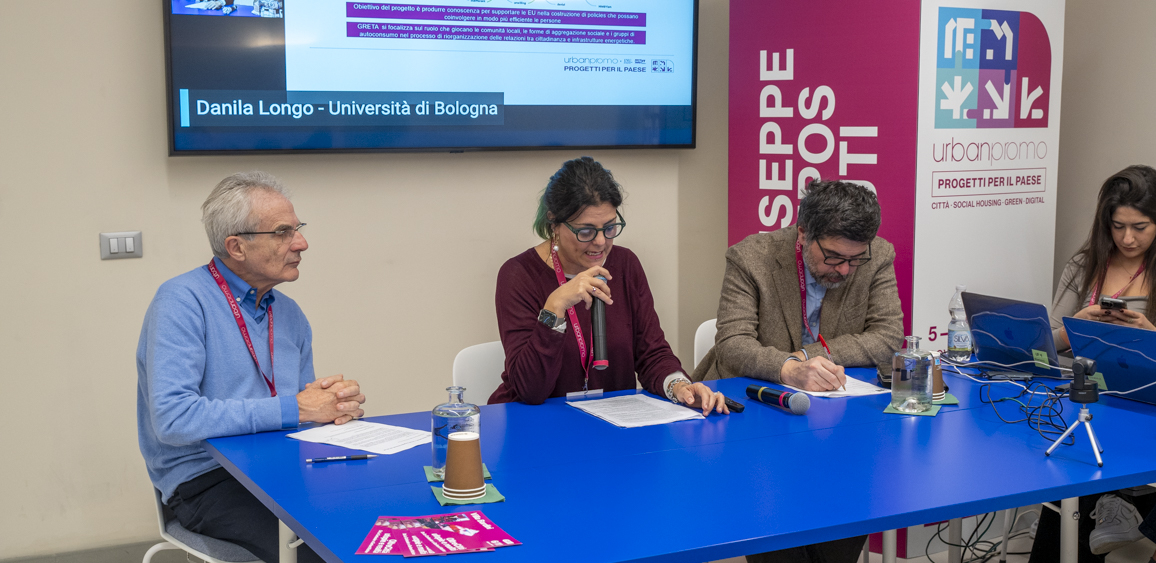
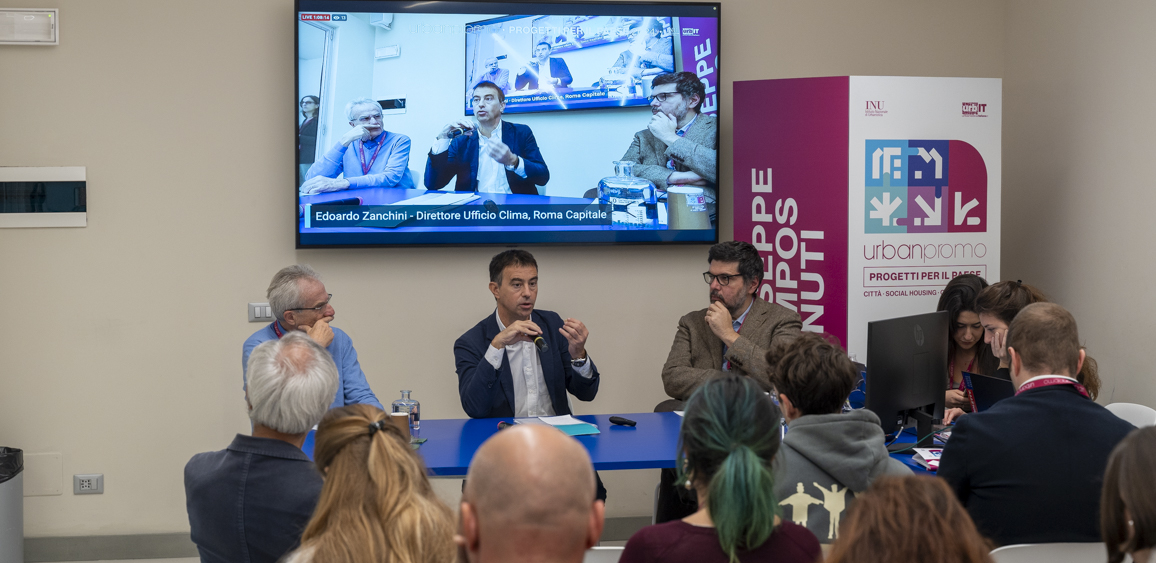
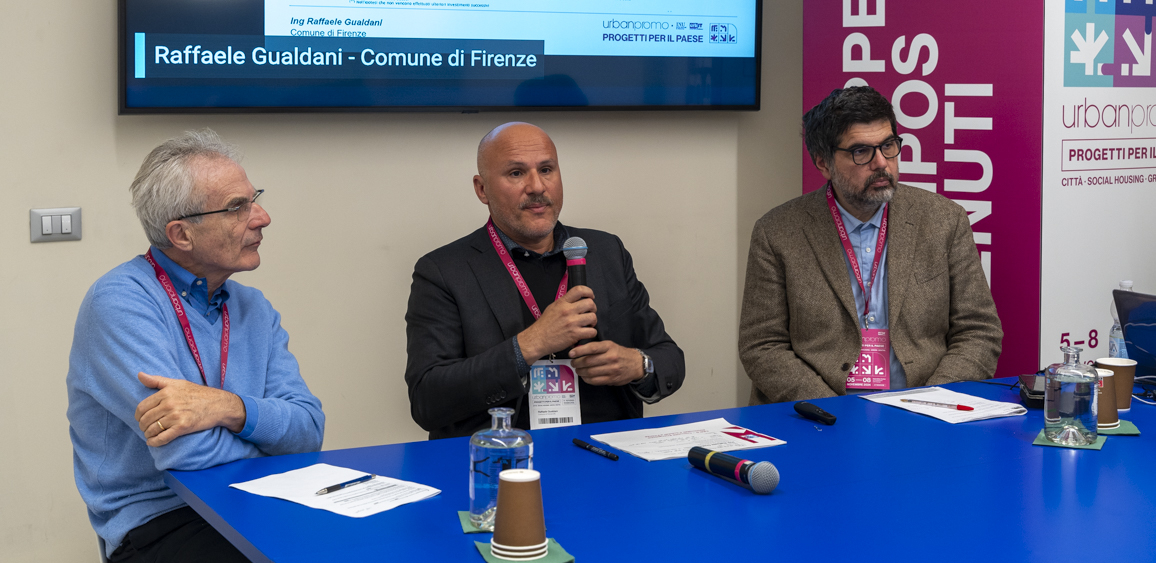
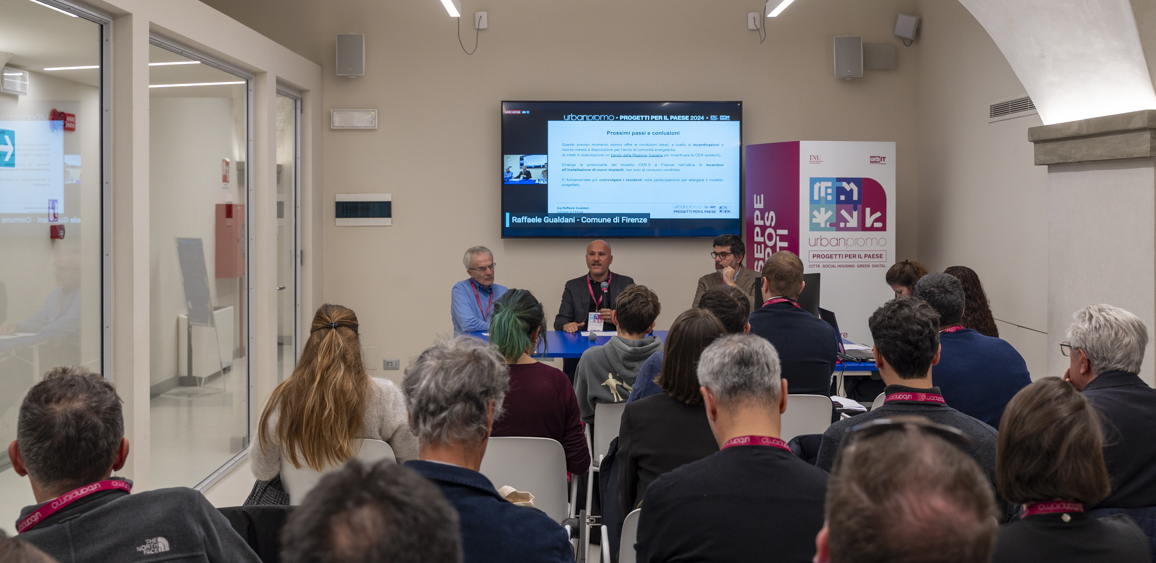
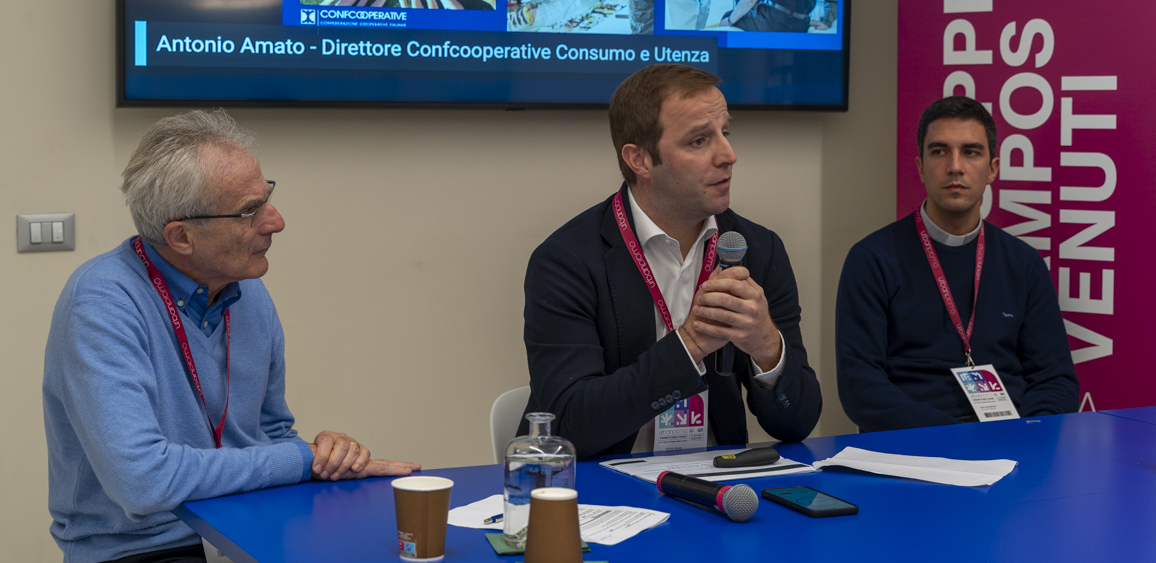
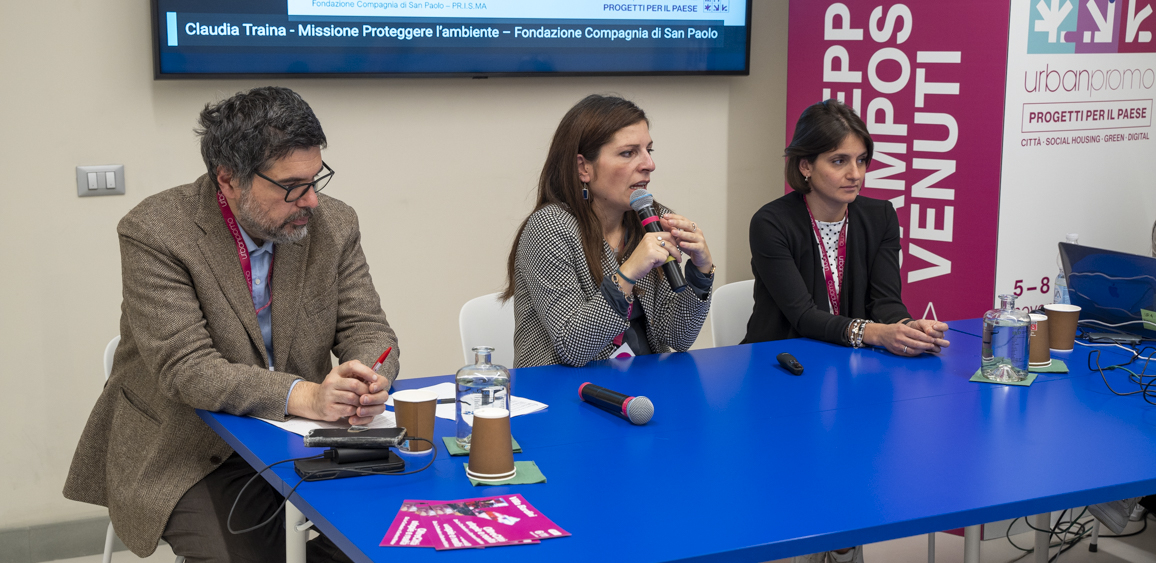
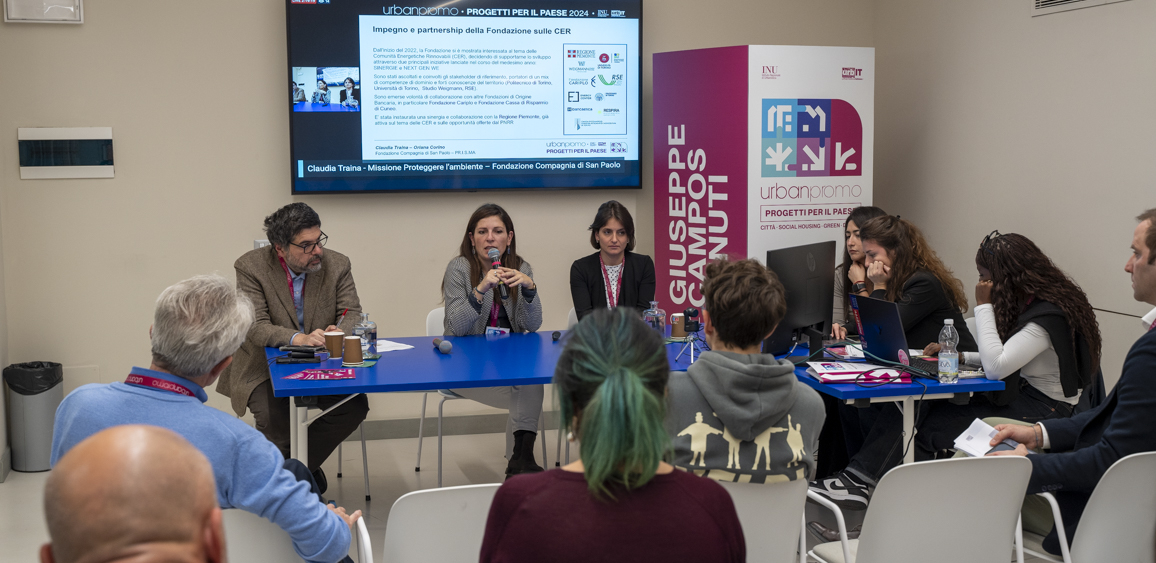
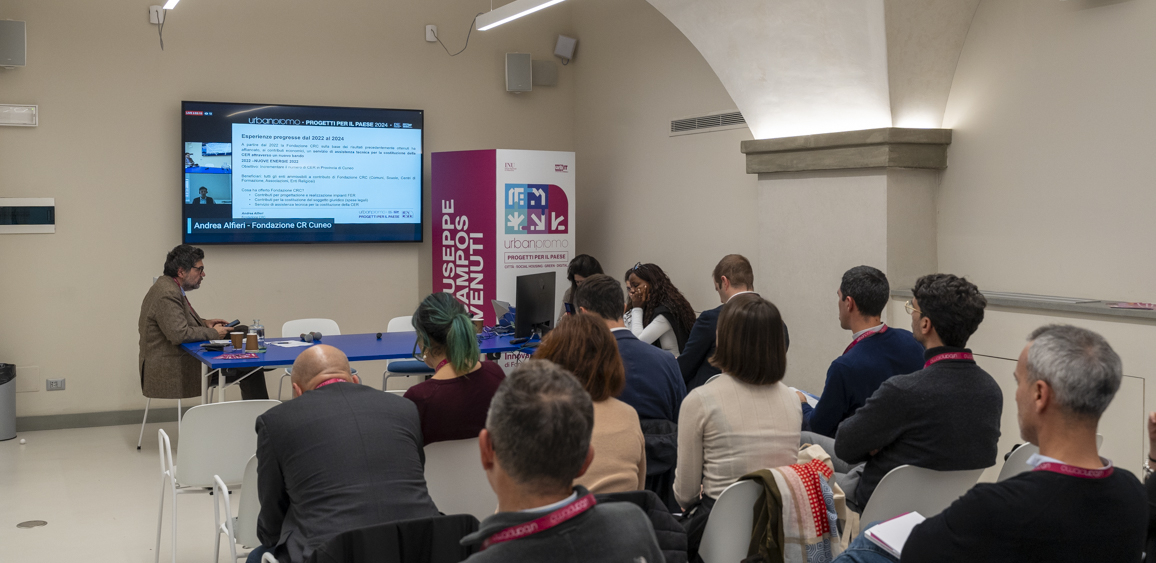
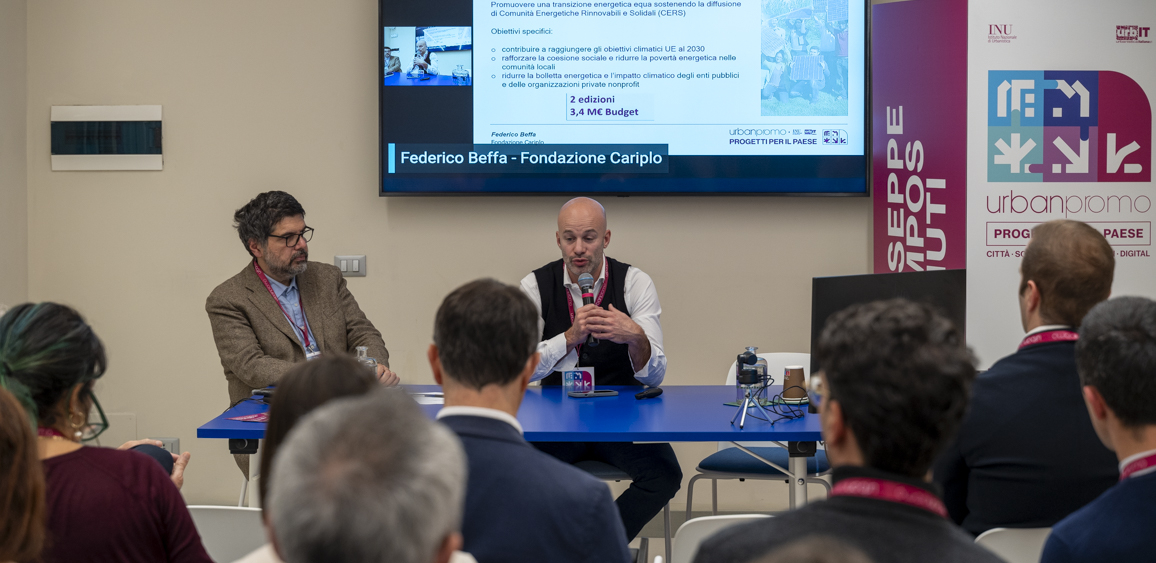
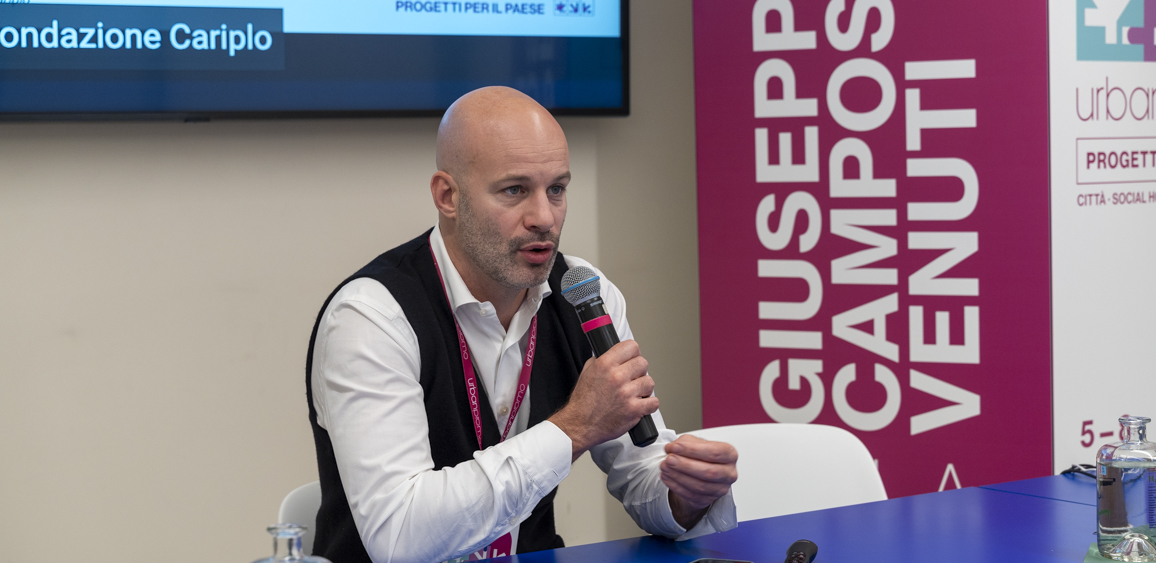

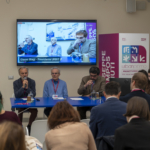
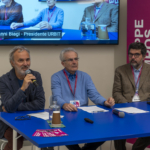
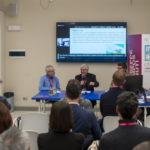
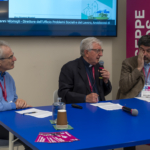

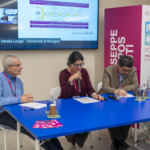
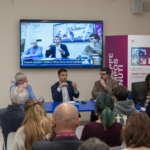
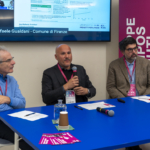
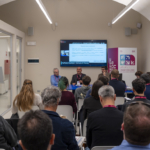
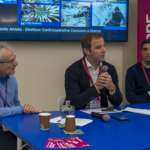

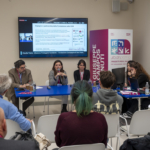
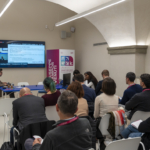
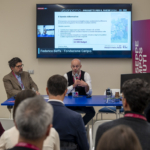
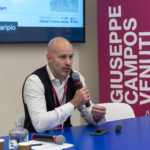
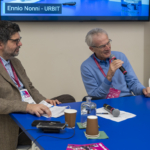
Contributions